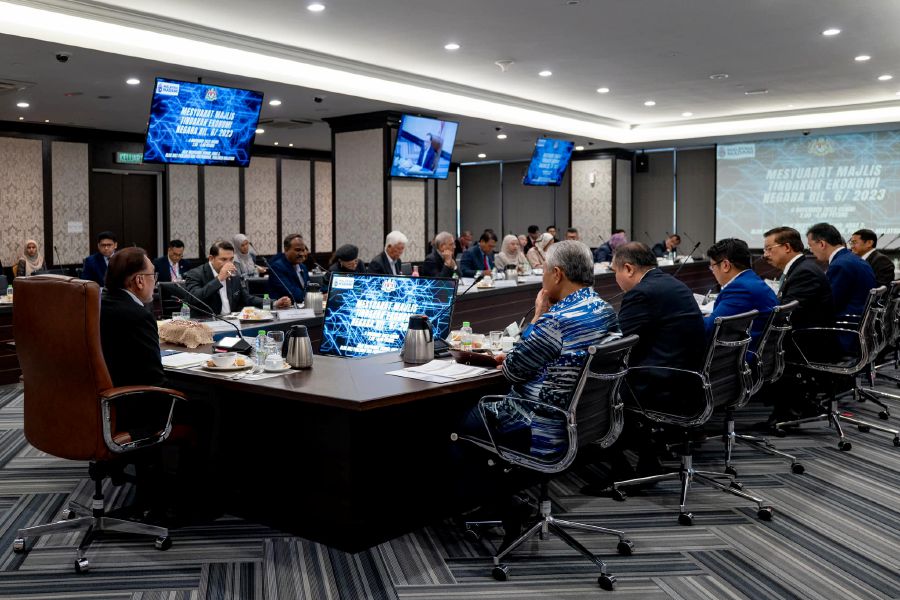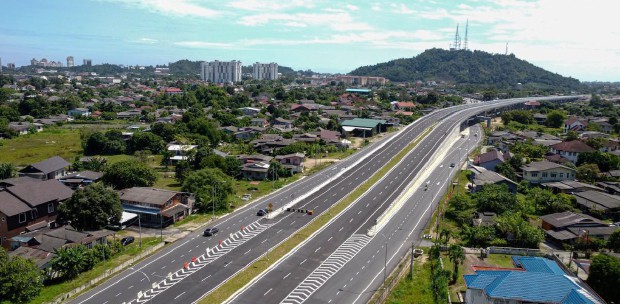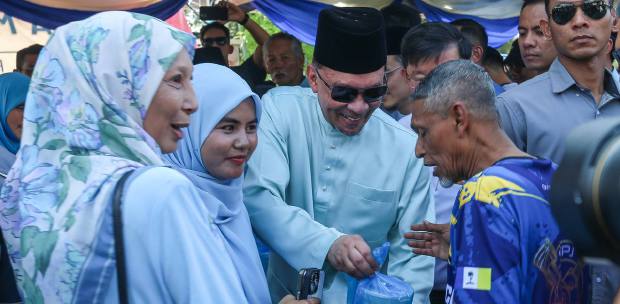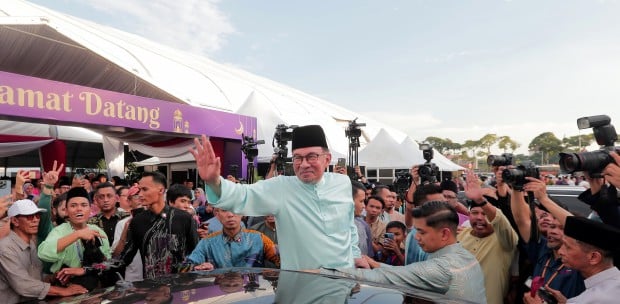KUALA LUMPUR: Prime Minister Datuk Seri Anwar Ibrahim said the National Economic Action Council (MTEN) meeting he chaired today (November 6) agreed on three proposals to end hardcore poverty in the country.
Anwar said MTEN agreed that special monthly cash assistance would be considered to overcome the food poverty line (PGK) for households unable to participate in income-generating activities due to age and health factors.
All agencies and ministries will conduct a review and update the data to confirm the number of recipients who have been given assistance and generate income exceeding the food PGK for this year.
"All agencies need to identify households which can participate in the programme in the remaining three months and be absorbed in other suitable programmes," he said in a statement issued after the MTEN meeting today.
He added that today's meeting was also informed about the status of implementation and efforts in eliminating hardcore poverty as well as the challenges faced.
He said that several efforts and programmes have been implemented by the government to eradicate hardcore poverty, including programmes related to monthly cash assistance, home upgrading, providing business capital, skills training and income-generating activities.
"These efforts have already been implemented by various ministries and agencies to help people to break away from the shackles of hardcore poverty.
Meanwhile, Anwar said the meeting had examined and found that the actual development expenditure was shrinking every year, although the budget showed a large increase and this could have a long-term impact on the country's economic growth.
Apart from that, the implementation of development projects which are problematic and experience delays in implementation has caused an increase in costs and impacted the economy negatively.
He added that the meeting also found that determining the specifications and cost evaluation of Information and Communications Technology (ICT) projects effectively was difficult to do, and it was also challenging to do a cost review process without a standard cost estimate.
He said the situation could lead to duplication of work and an increase in the cost of ICT projects.
In this regard, he added that the government will take immediate action to improve the processes in the implementation of Development Expenditure (DE) projects.
He said this would include the setting up of an inter-ministerial team, namely the Economy Ministry; Implementation Coordination Unit (ICU); the Finance Ministry; the Public Works Department (PWD); the Department of Irrigation and Drainage (DID); the Malaysian Administrative Modernisation and Management Planning Unit (Mampu) and related departments to review and prepare a framework on improvement, to be approved by the government.
Anwar said other actions were policy decisions towards decentralisation and empowerment of project implementation and control of allocations to implementing agencies, balanced with strict governance.
He said another action is a policy decision towards centralisation of ICT project implementation and determination of specifications/costs at Mampu to control costs and in preparation towards GovTech. -- Bernama





